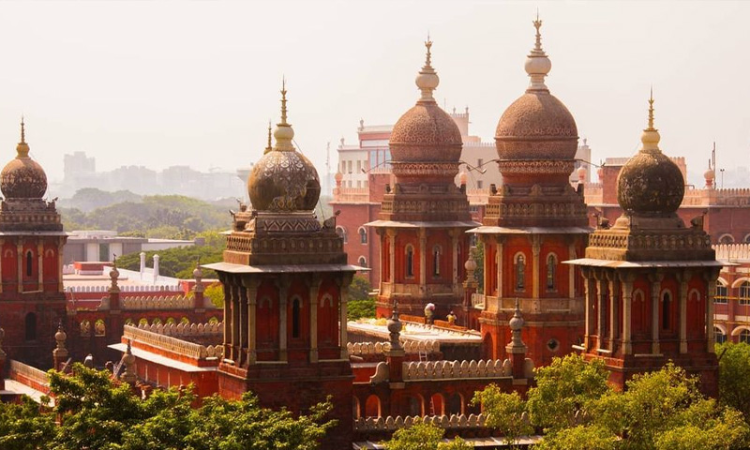Madras High Court Dismisses PIL Challenging State's Decision To Transfer 1000 Crocodiles To Gujarat
Upasana Sajeev
12 Aug 2022 2:00 PM IST

The Court found that the Rehabilitation Centre has the necessary infrastructure.
Next Story
12 Aug 2022 2:00 PM IST
